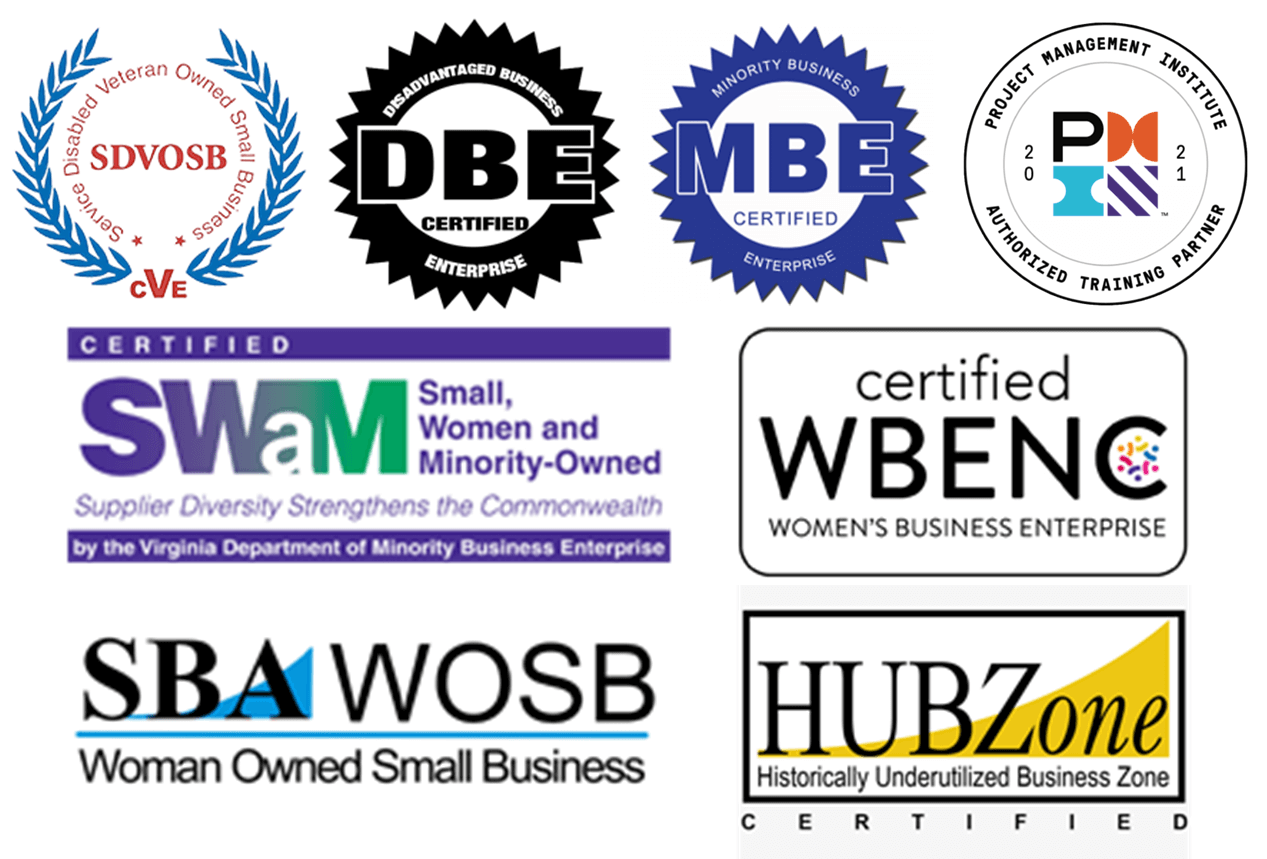Companies across the globe are using the DISC behavioral profile to build and manage their teams. Provided by TTI Success Insights, this tool allows employers to assess various behavior styles in order to optimize their team’s performance. But as the solution has become more popular, several misconceptions and errors have emerged. Here are 10 of the most common to help you steer clear of them.
1. Confusing It with a Personality Test
Behavioral assessments are often confused with personality tests, but they’re very different. DISC looks at how people behave, rather than digging into traits like ethics and character.
2. Limiting Assessment to DISC
As DISC has become more popular, it has been offered as a solo product. However, the tool is most effective when combined with other tools that provide a broader perspective.
3. Using It to Predict Failure
Some employers make the mistake of using DISC to try to predict whether someone will succeed or fail in a job. It measures a person’s behavioral style, not the skills that person has.
4. Pigeonholing Employees
As useful as DISC is, it works best when employers realize it’s only one measure of a person’s potential.
5. Failing to Measure Behavioral Dimensions
Not all assessments are created equal. It’s important to choose a tool that can dig deeper than surface level to determine who people really are.
6. Assuming Results Can Be Manipulated
Some mistakenly assume that all assessments can be manipulated. Due to the way DISC is built, if someone tries to manipulate it, it will show in the data.
7. Assuming It’s Too Time Consuming
Personality tests can be exhaustive. But you don’t actually need a hundred-question test to get results. DISC asks the very questions necessary to get results quickly.
8. Believing It Can Be Used to Discriminate
Some employers fear that the data in a behavioral assessment can be used to discriminate. In fact, DISC only collects demographic information for statistical purposes, and only the company conducting the assessment has that information.
9. Only Doing Assessments Once
People change. If you only assess someone once, you probably don’t have an accurate picture of that person a couple of years later.
10. Thinking It Will Be Expensive
Not only do assessments protect you against the expense of hiring the wrong person, but the test itself is surprisingly affordable.
The more data you collect on your employees, the better you’ll be able to communicate with them. It will also help you identify the perfect career path for each worker, which can improve morale and reduce turnover, benefiting your organization’s bottom line in many other ways.





